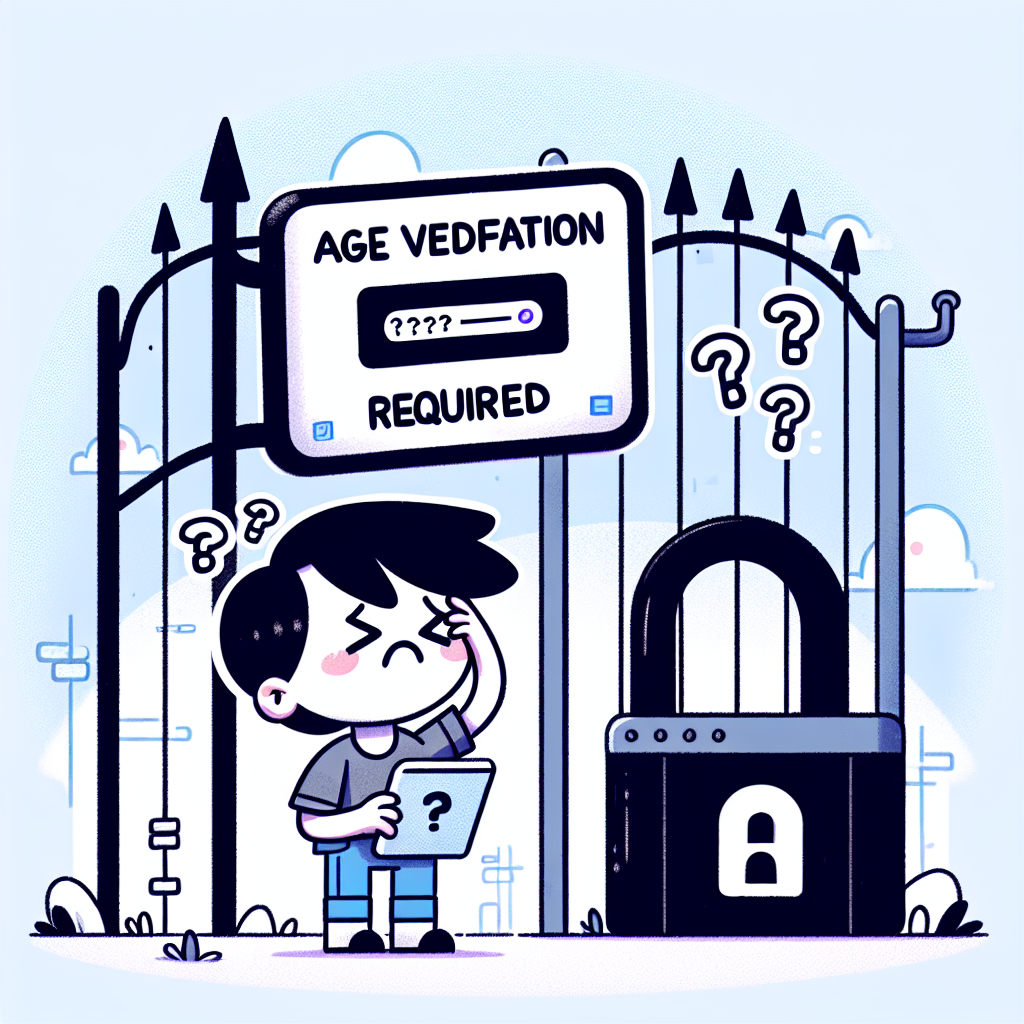The Rising Debate: Age Verification Laws and Online Privacy
Age verification laws are increasingly used to protect children from harmful online content, yet they raise concerns about privacy, free speech, and secure internet access. While over 20 U.S. states have such laws, they face legal challenges amid debates over their effectiveness and implications for adults and tech platforms.

- Country:
- United States
Age verification laws are gaining traction across the United States and other countries as a measure against harmful online content accessible to minors. These laws stipulate age checks through IDs or face scans to ensure users are above certain age thresholds.
While proponents champion these laws for safeguarding children, critics alert to a potential erosion of internet privacy and freedom. Legal expert Jennifer Huddleston from the Cato Institute highlights the balancing act between protecting minors and ensuring the free speech and privacy rights of all internet users.
The debate intensifies as more than 20 U.S. states and nations like the UK and Australia introduce diverse age check regulations, stirring both compliance changes by tech companies and contestation over privacy considerations exacerbated by data breach concerns.
(With inputs from agencies.)










